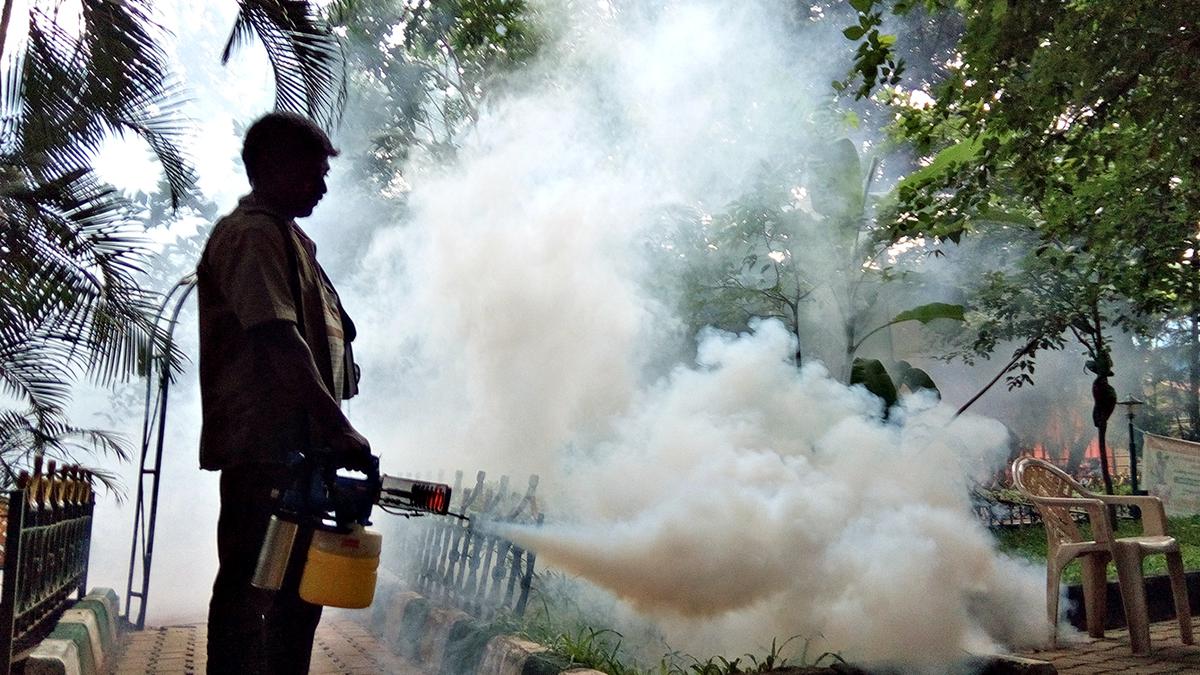
Significant risk found even in primary dengue infection, says study
The Hindu
Primary dengue virus infections constitute a substantial fraction of severe disease cases and fatalities, states a new published study in Nature Medicine questioning the currently widely held belief that severe dengue disease is mainly due to secondary dengue infections. Dengue infections have greatly increased in India and the country now has one of the largest number of dengue cases globally. West Bengal, Uttar Pradesh, Punjab, Haryana, Delhi, Gujarat, Kerala, Karnataka and Tamil Nadu being identified as the high burden areas.
Primary dengue virus infections constitute a substantial fraction of severe disease cases and fatalities, states a new published study questioning the currently widely held belief that severe dengue disease is mainly due to secondary dengue infections.
Dengue is a viral infection caused by the dengue virus (DENV), transmitted to humans through the bite of infected mosquitoes.
Patients who are infected by any DENV for the first time are known as cases of primary dengue infection. Patients who were previously infected by another DENV and then present with infection from a new serotype are known as cases of secondary dengue infection.
The study published in Nature Medicine recently did an analysis of severe dengue cases in a large group of children in India and found that more than half could be attributed to primary rather than secondary infection.
Anmol Chandele, group leader of the International Centre for Genetic Engineering and Biotechnology (ICGEB)-Emory Vaccine Program at ICGEB New Delhi, India, in collaboration with Emory School of Medicine, Atlanta, USA, the All India Institute Of Medical Sciences (Delhi), and St. John’s National Academy of Health Sciences, (Bengaluru) authored the paper on “Severe disease during both primary and secondary virus infections in paediatric populations.”
“This finding has very important implications for public health across the world and also in developing and implementing effective and safe vaccine strategies for controlling dengue. These findings are highly relevant not only in the Indian context where burden of dengue disease is considerable but also on a global scale since dengue viruses continue to spread worldwide,’’ said Dr. Chandele.
“Our study shows that primary infections constitute a substantial fraction of severe disease cases and fatalities,’’ she adds.













